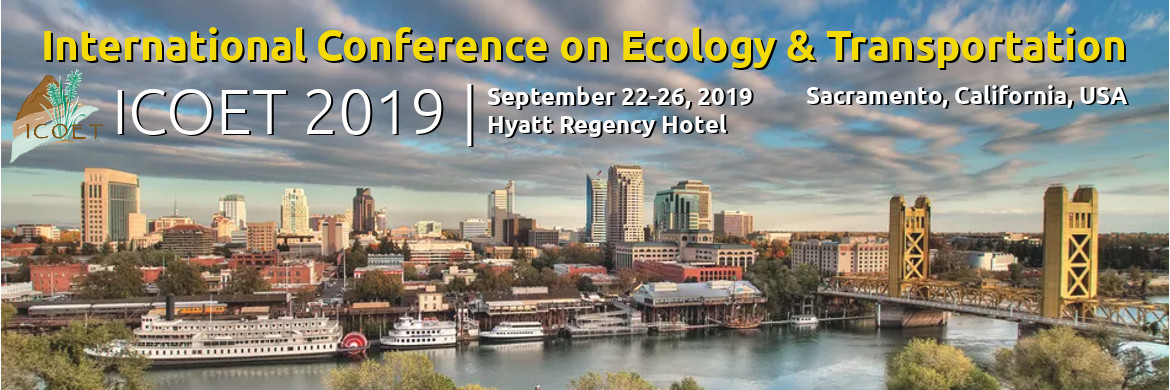Road-kill mitigation measures, such as wildlife crossings and fences, are generally known to be crucial to reduce collisions at road-kill hotspots. Understanding overall road-kill trend and planning efficient road-kill mitigation measures in national scale largely depend on data collection methods and data quality. For instance, identifying an appropriate place to install such measures or make a plan at certain road sections would be laborious when road-kill data are scattered by various management agencies. In the Republic of Korea, it has been continuously pointed out that unification on managing road-kill data is necessary to take proper action for the gravity road-kill situation in whole range of the country. Thus, the National Institute of Ecology (NIE) was commissioned by the Ministry of Environment to integrate and manage scattered road-kill data, which led to the launch of the Korea Road-kill Observation System (KROS, ecobank.nie.re.kr/goodroad) in June, 2018. We developed a smartphone application and a website, and released the application to approximately 2,000 road menders, who are in charge of handling dead animals on roads. We asked road menders to take pictures whenever carcass is found. When they take a picture, location is automatically recorded with the photo and conveyed to our website in real-time. When each data is collected into our system, we identified the species at the website. During the nine month, total of 1,969 road-kills were collected into our system including 15 mammalian species, 20 bird species, 5 reptiles and 3 amphibians. Of them, seven were identified as species that are designated as endangered or natural monument. Our future plan is to investigate road-kill hotspots using the data collected by our system in national scale and to encourage municipalities to set appropriate mitigation measures at priority locations. Road-kill hotspots will be identified every year considering changes in population density in local areas. Our system is the initial attempt of the central government to integrate scattered road-kill data and unify the data management agency. We suspect the KROS will contribute to systemically collecting and managing road-kill data, as well as practical mitigation of road-kills.
Terrestrial Wildlife and Ecosystem Interactions with Transportation
road-kill observation system
mitigation plan
road-kill hotspot
road menders
citizen science
